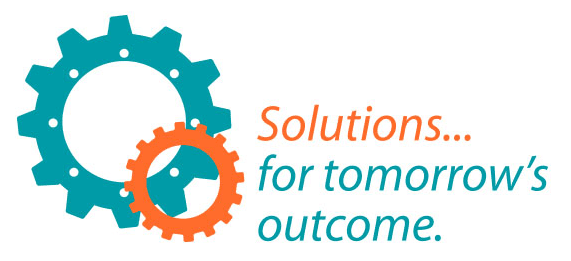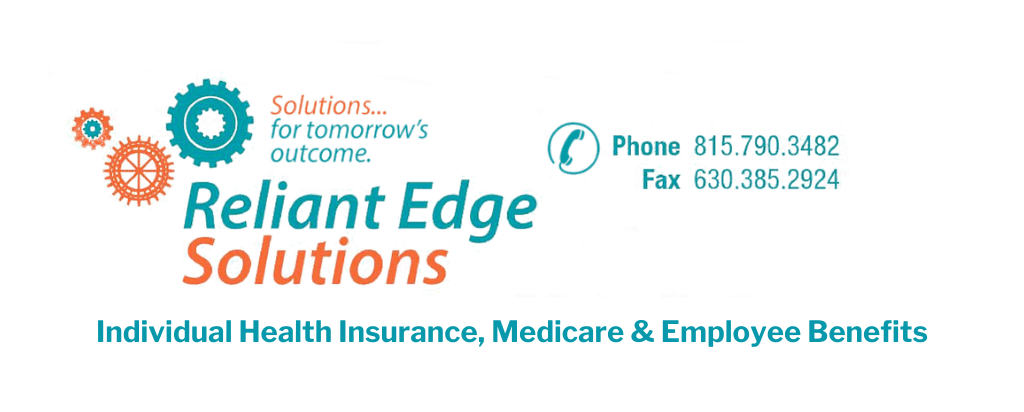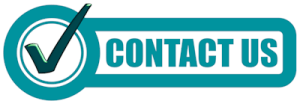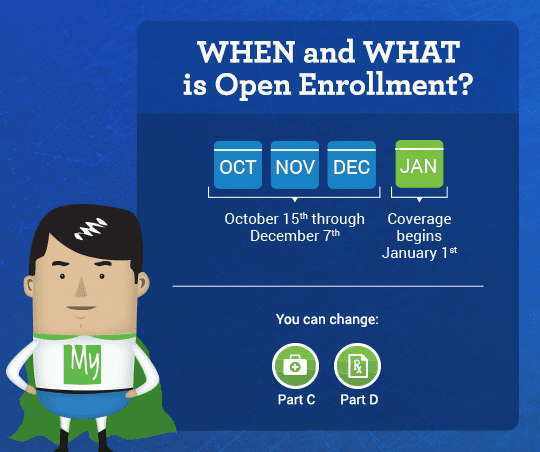What is Medicare?
A U.S. federal health program that subsidizes people who meet one of the following criteria:
An individual over the age of 65 who has been a U.S. citizen or permanent legal resident for five years.

An individual who is disabled and has collected Social Security for a minimum of two years.

An individual who is undergoing dialysis for kidney failure or who is in need of a kidney transplant.

An individual who has Amyotrophic Lateral Sclerosis (Lou Gehrig’s disease).
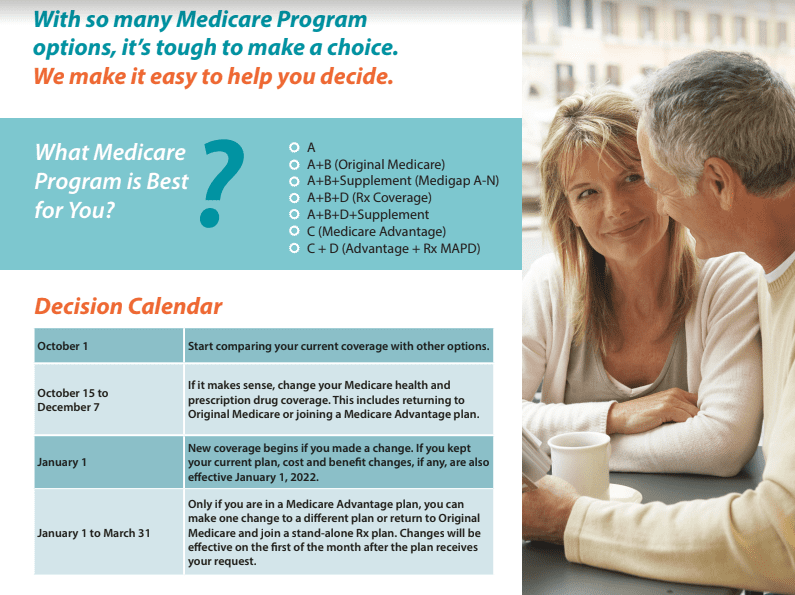
Guide to Medicare Open Enrollment
The first part of the coverage encompasses in-patient hospital, skilled nursing facility, home health and hospice care.
Medicare is divided into two parts.
Medicare helps out people at a time in their lives when they may have serious health problems but lack the funding for treatment.
The second part of coverage encompasses almost all the necessary medical services (doctors’ services, laboratory and x-ray services, wheelchairs, etc).
Your Medicare Card
When you’re enrolled in Medicare, you’ll get your red, white, and blue Medicare card in the mail. If you’re automatically enrolled, you’ll get your red, white, and blue Medicare card in the mail 3 months before your 65th birthday or your 25th month of getting disability benefits. Your Medicare card shows that you have Medicare health insurance.
It shows whether you have Part A (Hospital Insurance), Part B (Medical Insurance) or both, and it shows the date your coverage starts.
Be sure to carry your card with you when you’re away from home. Let your doctor, hospital, or other health care provider see your card when you need hospital, medical or other health services.
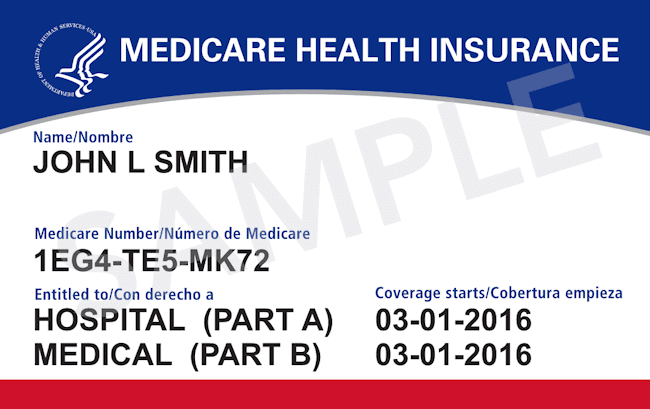
Five (5) Things to Know
- Your card has a Medicare Number that’s unique to you. This helps to protect your identity.
- Your card is paper, which is easier for many providers to use and copy.
- If you’re in a Medicare Advantage Plan (like an HMO or PPO), your Medicare Advantage Plan ID card is your main card for Medicare—you should still keep and use it whenever you need care. And, if you have a Medicare drug plan, be sure to keep that card as well. Even if you use one of these other cards, you also may be asked to show your Medicare card, so keep it with you.
- Only give your Medicare Number to doctors, pharmacists, other health care providers, your insurers, or people you trust to work with Medicare on your behalf.
- If you forget your card, you, your doctor or other health care provider may be able to look up your Medicare Number online.
